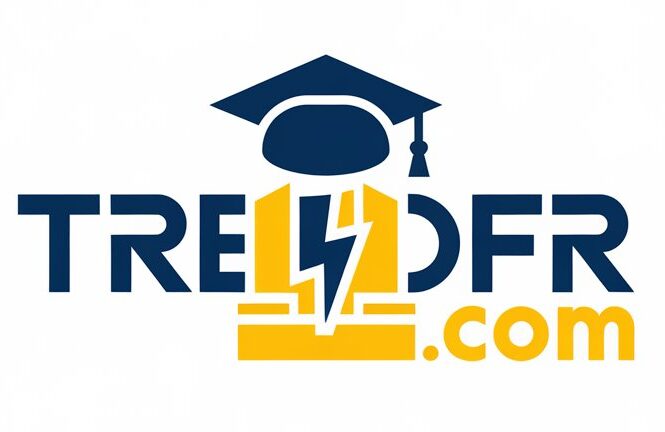The Evolution of AI in Education
Introduction
Artificial Intelligence (AI) has been revolutionizing various industries, and its impact on education is undeniable. As technology advances, so does the role of AI in shaping the future of learning. From personalized learning experiences to efficient administrative tasks, AI is reshaping the way we approach education.
The Benefits of AI in Education
AI offers numerous advantages in education, including personalized learning experiences, adaptive learning platforms, and improved student engagement. With AI, educators can analyze data to tailor teaching methods to individual student needs, ultimately enhancing the learning process.
Challenges and Concerns
While AI presents promising opportunities for education, there are also challenges and concerns to address. These include issues related to data privacy, the ethics of AI in decision-making processes, and the potential for widening the digital divide among students.
Impact on Teaching and Learning
AI is transforming traditional teaching methods by providing real-time feedback, automating administrative tasks, and enabling virtual tutoring. This shift allows educators to focus more on personalized interactions with students and fosters a more engaging learning environment.
External Links:
1. Exploring the Future of AI in Education
2. AI’s Transformative Role in Education
3. Understanding AI in Education
Integration of AI in Curriculum
AI integration in the curriculum enhances critical thinking skills, problem-solving abilities, and prepares students for future career demands. By incorporating AI technologies, students gain valuable insights into emerging technologies and develop essential digital literacy skills.
Key Considerations for Implementation
When implementing AI in education, it is crucial to prioritize data security, ethical AI development, and equitable access to technology. Educators must also receive proper training to effectively utilize AI tools and ensure that students benefit from these advancements.
Application of AI in Assessments
AI-powered assessments offer efficient grading processes, personalized feedback, and detailed insights into student performance. By leveraging AI algorithms, educators can streamline assessment procedures and provide tailored support to students based on their individual strengths and weaknesses.
Questions and Answers
1. How can AI support individualized learning paths for students?
AI analyzes student data to identify learning patterns and preferences, enabling educators to create personalized learning experiences tailored to each student’s needs.
2. What privacy concerns are associated with AI in education?
Privacy concerns in AI education include data security, student information protection, and the ethical use of personal data for learning analytics.
Conclusion
Artificial Intelligence is reshaping the future of education by offering personalized learning experiences, optimizing teaching methods, and preparing students for a tech-driven world. As AI continues to evolve, its integration into education will play a pivotal role in enhancing student outcomes and transforming the learning landscape.

